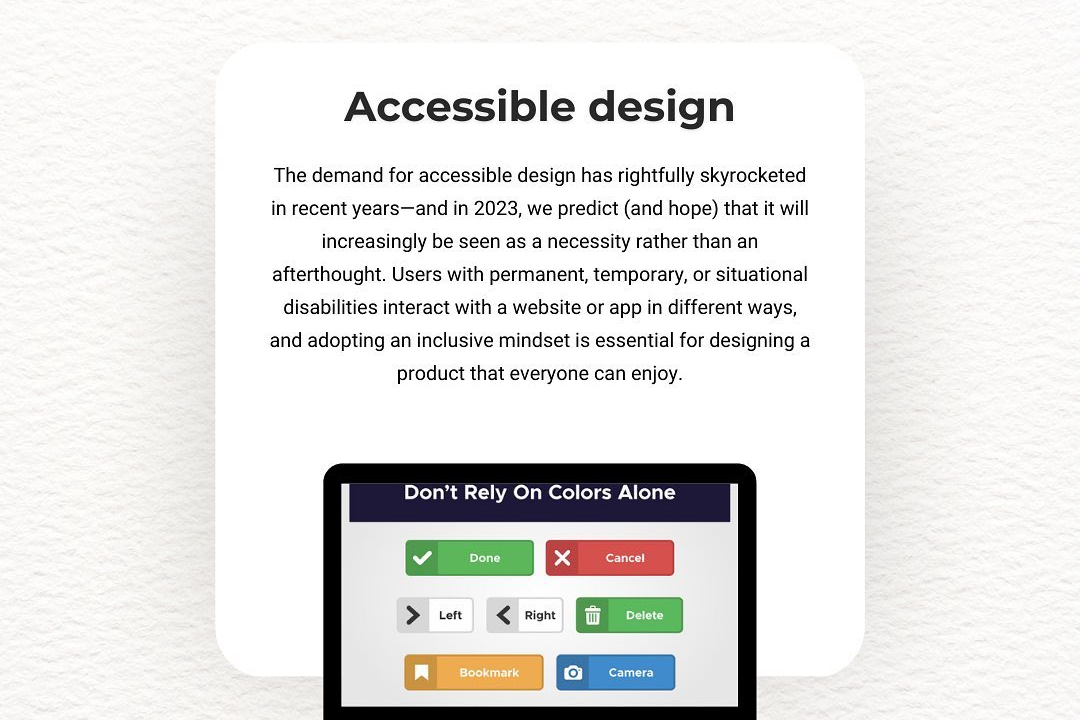Android Emulators
Exploring the Best Android Emulators for Developers and Gamers
Android Emulators
Android emulators are software applications that simulate Android devices on a computer, allowing users to run Android apps and games without requiring actual hardware. These emulators recreate the Android operating system environment, enabling developers to test their applications across different device configurations and versions without needing to own multiple physical devices. Popular Android emulators include Android Studio's built-in emulator, BlueStacks, and Genymotion, each offering various features such as high performance, ease of use, and access to Google Play services. Emulators are widely used for app development, gaming, and debugging, providing developers and users the versatility to interact with the Android ecosystem on a different platform.
To Download Our Brochure: https://www.justacademy.co/download-brochure-for-free
Message us for more information: +91 9987184296
1 - Definition: Android emulators are software applications that mimic Android devices on a computer, allowing users to run Android apps without needing a physical device.
2) Purpose: They are primarily used for testing and development of Android applications, enabling developers to simulate various device configurations and OS versions.
3) Types of Emulators: There are various types of emulators including full system emulators, which mimic hardware, and application level emulators that run specific apps.
4) Popular Emulators: Some widely used Android emulators include Android Studio Emulator, BlueStacks, Genymotion, NoxPlayer, and MEmu, each with unique features for different use cases.
5) Installation Requirements: Emulators often require considerable system resources such as CPU, RAM, and storage. Students should be aware of the minimum hardware specs needed for smooth operation.
6) Android SDK Integration: Android emulators are typically integrated with the Android Software Development Kit (SDK), providing tools for building, debugging, and testing Android applications.
7) Device Configuration: Emulators allow customization of virtual devices, including screen size, resolution, and Android version, to test apps on various hardware specifications.
8) Network Simulation: Developers can test network related features by simulating different network conditions such as 3G, 4G, and Wi Fi connectivity.
9) Performance Metrics: Emulators can help track performance metrics such as CPU usage, memory usage, and battery consumption, which are crucial for optimizing app performance.
10) Testing User Interfaces: They enable developers to assess how their applications respond to different screen orientations, densities, and layouts.
11) Debugging Tools: Built in debugging tools in emulators allow for easy identification of bugs and issues during app development, making the troubleshooting process more efficient.
12) Play Store Access: Some emulators provide access to the Google Play Store, allowing users to download and test actual apps directly on the emulator.
13) Cross Platform Development: Emulators can assist developers in creating cross platform applications, ensuring that their apps function well across different Android devices.
14) Learning Resource: Emulators serve as educational tools for students learning Android development, providing hands on experience without the need for multiple physical devices.
15) Game Development: They are increasingly popular in game development, allowing gamers to play mobile games on larger screens with keyboard and mouse support.
16) Limitations: While useful, students should also understand the limitations of emulators, such as performance differences compared to real devices, which can lead to discrepancies in app behavior.
17) Device Synchronization: Emulators can synchronize with physical devices, enabling developers to test features that rely on real device capabilities such as sensors and cameras.
18) Accessibility Features: Emulators include accessibility features that allow developers to test how their apps perform for users with disabilities.
19) Community and Support: Many emulators have large community support forums, where students can seek help and share knowledge about troubleshooting issues.
20) Updates and Compatibility: Frequent updates to emulators ensure compatibility with the latest Android OS versions, making them reliable for ongoing development and testing.
These points provide a comprehensive overview of Android emulators and can serve as a guide for conditioning a training program tailored for students interested in Android development.
Browse our course links : https://www.justacademy.co/all-courses
To Join our FREE DEMO Session: Click Here
Contact Us for more info:
Android Training Mumbai
iOS Training in Nashik
prince2 training course
Power BI Requirements
Digital Marketing Level 3











